A letter to you from Nelson Roolihlahla Mandela
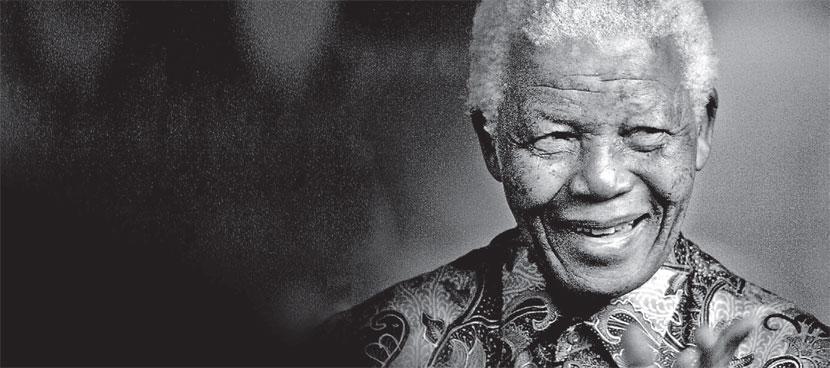
I am Nelson Roolihlahla Mandela, born on July 18, 1918, in the tiny village of Mvezo, on the banks of the Mbashe River in Transkei, South Africa. “Rolihlahla” in the Xhosa language literally means “pulling the branch of a tree,” but more commonly translates as “troublemaker”! when you read on, you will realize how much sense this name actually makes for a person as me. My father, who was destined to be a chief, served as a counselor to tribal chiefs for several years, but lost both his title and fortune over a dispute with the local colonial magistrate.
My mother used to narrate it to me when I was older as I was only an infant at the time, and my father’s loss of status forced my mother to move the family to Qunu, an even smaller village north of Mvezo. Let me tell you about the beauty of this village. It was nestled in a narrow grassy valley; there were no roads, only foot paths that linked the pastures where livestock grazed. We lived in huts and ate a local harvest of maize, sorghum, pumpkin and beans, which was all we could afford. Water came from springs and streams and cooking was done outdoors.
At the suggestion of one of my father’s friends, I was baptized in the Methodist Church. I was the first in my family to attend school. As was custom at the time, and due to the bias of the British educational system in South Africa, our teacher teacher told me that my new first name would be Nelson. When I was 9 years old, father died of lung disease. My life was caused to change dramatically. I was adopted by Chief Jongintaba Dalindyebo, the acting regent of the Thembu people—a gesture done as a favor to my father, who, years earlier, had recommended Jongintaba be made chief.
I subsequently left the carefree life I knew in Qunu, at the same time fearing that I would never see the village again. I traveled by motorcar to Mqhekezweni, the provincial capital of Thembuland, to the chief ’s royal residence. I did not forget my beloved village of Qunu, but I quickly adapted to the new, more sophisticated surroundings of Mqhekezweni. I was given the same status and responsibilities as the regent’s two other children, his son and oldest child, Justice, and daughter Nomafu. I took classes in a oneroom school next to the palace, studying English, Xhosa, history and geography.
I developed an interest in African history, from elder chiefs who came to the Great Palace on official business during this time and I was highly patriotic and saw how beautiful our culture was. I learned how the African people had lived in relative peace until the coming of the white people. According to the elders, the children of South Africa had previously lived as brothers, but white men had shattered this fellowship. While black men shared their land, air and water with whites, white men took all of these things for themselves. At the age of 16, it was time for me to partake in the traditional African circumcision ritual to mark the entrance into manhood.
The ceremony of circumcision was not just a surgical procedure, but an elaborate ritual in preparation for manhood. In African tradition, an uncircumcised man cannot inherit his father’s wealth, marry or officiate at tribal rituals. I participated in the ceremony with 25 other boys. I was ready and welcomed the opportunity to partake in my people’s customs and felt I had to make the transition from boyhood to manhood. My mood shifted during the proceedings, however, when Chief Meligqili, the main speaker at the ceremony, spoke sadly of the all of us young men, explaining that we were enslaved in our own country.
Because our land was controlled by white men, we would never have the power to govern ourselves. He went on to lament that the promise of the young men would be squandered as they struggled to make a living and perform mindless chores for white men. It didn’t quite make sense to me at the time, but when life moved on it was very clear to me. From the time Regent Jongintaba took to be my guardian, I was groomed to assume high office, not as a chief, but a counselor to one. As Thembu royalty, I attended a Wesleyan mission school, the Clarkebury Boarding Institute and Wesleyan College, where I achieved academic success through “plain hard work.”
I was very keen and excelled in track and boxing too. I had a period of being bullied in school where I was mocked as a “country boy” by my Wesleyan classmates, but eventually became friends with several students, including Mathona, my first female friend. In 1939, I enrolled at the University College of Fort Hare, the only residential center of higher learning for blacks in South Africa at the time. Fort Hare was considered Africa’s equivalent of the University of Oxford or Harvard University, drawing scholars from all parts of sub-Sahara Africa.
In my first year at the university, I took the required courses, but focused on Roman Dutch law to prepare for a career in civil service as an interpreter or clerk—regarded as the best profession that a black man could obtain at the time. I realized a man has to have his goals and ambitions to succeed in life. In the second year at Fort Hare, I was elected to the Student Representative Council. For some time, students had been dissatisfied with the food and lack of power held by the SRC. During this election, a majority of students voted to boycott unless their demands were met.
Aligning with the student majority, I resigned from his position. Seeing this as an act of insubordination, the university’s Dr. Kerr expelled Mandela for the rest of the year and gave him an ultimatum: He could return to the school if he agreed to serve on the SRC. When I returned home, the regent was furious, telling me unequivocally that I would have to recant the decision and go back to school in the fall. A few weeks after I returned home, Regent Jongintaba announced that he had arranged a marriage for me. The regent wanted to make sure that my life was properly planned, and the arrangement was within his right, as tribal custom dictated.
I was shocked by the news and had sense of being trapped and I knew I had no other option than to follow this recent order, I ran away from home. I settled in Johannesburg, where I worked a variety of jobs, including as a guard and a clerk, while completing my bachelor’s degree via correspondence courses. I then enrolled at the University of Witwatersrand in Johannesburg to study law. I soon became actively involved in the anti-apartheid movement, joining the African National Congress in 1942. Within the ANC, a small group of young Africans banded together, calling themselves the African National Congress Youth League.
The goal was to transform the ANC into a mass grassroots movement, deriving strength from millions of rural peasants and working people who had no voice under the current regime. Specifically, we believed that the ANC’s old tactics of polite petitioning were ineffective. In 1949, the ANC officially adopted the Youth League’s methods of boycott, strike, civil disobedience and non-cooperation, with policy goals of full citizenship, redistribution of land, trade union rights, and free and compulsory education for all children.
For 20 years, I directed peaceful, nonviolent acts of defiance against the South African government and its racist policies, including the 1952 Defiance Campaign and the 1955 Congress of the People. Ifounded the law firm Mandela and Tambo, partnering with Oliver Tambo, a brilliant student Imet while attending Fort Hare. The law firm provided free and low-cost legal counsel to unrepresented blacks. In 1956,I along with 150 others were arrested and charged with treason for our political advocacy.
But eventually acquitted. Meanwhile, the ANC was being challenged by Africanists, a new breed of black activists who believed that the pacifist method of the ANC was ineffective. Africanists soon broke away to form the Pan-Africanist Congress, which negatively affected the ANC; by 1959, our movement had lost much of its militant support. In 1961, I who was formerly committed to nonviolent protest, began to believe that armed struggle was the only way to achieve change. I knew in my heart we had to save ourselves and to do that this was the only way.
I subsequently co-founded Umkhonto we Sizwe, also known as MK, an armed offshoot of the ANC dedicated to sabotage and guerilla war tactics to end apartheid. In 1961, we orchestrated a threeday national workers’ strike. I was arrested for leading the strike the following year, and was sentenced to five years in prison. In 1963, I was brought to trial again. This time, I and 10 other ANC leaders were sentenced to life imprisonment for political offenses, including sabotage. I was incarcerated on Robben Island for 18 of my 27 years in prison.
During this time, I contracted tuberculosis and, as a black political prisoner, received the lowest level of treatment from prison workers. However, while incarcerated, I was able to earn a Bachelor of Law degree through a University of London correspondence program. A 1981 memoir by South African intelligence agent Gordon Winter described a plot by the South African government to arrange for my escape so as to shoot me during the recapture; the plot was foiled by British intelligence. I coordinated an international campaign for when my release was launched, and this international groundswell of support exemplified the power and esteem that I had in the global political community.
I lived. In 1982, I along with the other ANC leaders were moved to Pollsmoor Prison, allegedly to enable contact between us and the South African government. In 1985, President P.W. Botha offered for my release in exchange for renouncing armed struggle; I flatly rejected the offer. With increasing local and international pressure for my release, the government participated in several talks with me over the ensuing years, but I was ready for no deal! It wasn’t until Botha suffered a stroke and was replaced by Frederik Willem de Klerk that I was finally free, on February 11, 1990. De Klerk also unbanned the ANC, removed restrictions on political groups and suspended executions.
After being free, I immediately urged foreign powers not to reduce their pressure on the South African government for constitutional reform. While I stated that I was committed to working toward peace, I declared that the ANC’s armed struggle would continue until the black majority received the right to vote. In 1991, I was elected president of the African National Congress, with lifelong friend and colleague Oliver Tambo serving as national chairperson. I had to negotiate with President F.W. de Klerk toward the country’s first multiracial elections. White South Africans were willing to share power, but many black South Africans wanted a complete transfer of power.
The negotiations were often strained and news of violent eruptions, including the assassination of ANC leader Chris Hani, continued throughout the country. I had to keep a delicate balance of political pressure and intense negotiations amid the demonstrations and armed resistance. In 1993, I and President de Klerk were jointly awarded the Nobel Peace Prize for our work toward dismantling apartheid. And due in no small part to our work, negotiations between black and white South Africans prevailed: On April 27, 1994, South Africa held its first democratic elections. I, Nelson Mandela was inaugurated as the country’s first black president on May 10, 1994, at the age of 77, with de Klerk as his first deputy.
This is how life was for me. It had many twists and among all these I had women in my life I loved. Life was complete, it was a rocky path but it was all for my people. Have goals and aspirations, you need them to climb higher in life. Being discriminated as black if I was able to survive and fight for my rights and my people, you definitely can succeed. Don’t ever stop working towards your goals, and always work on yourself. I know I did, even when I was imprisoned, I didn’t stop hoping and believing. I never spent a day that I didn’t work on myself.
May you be free souls,
Nelson Roolihlahla Mandela
Written by Devuni Goonewardene email feedback to [email protected]
















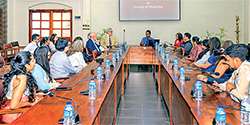
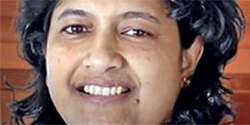


















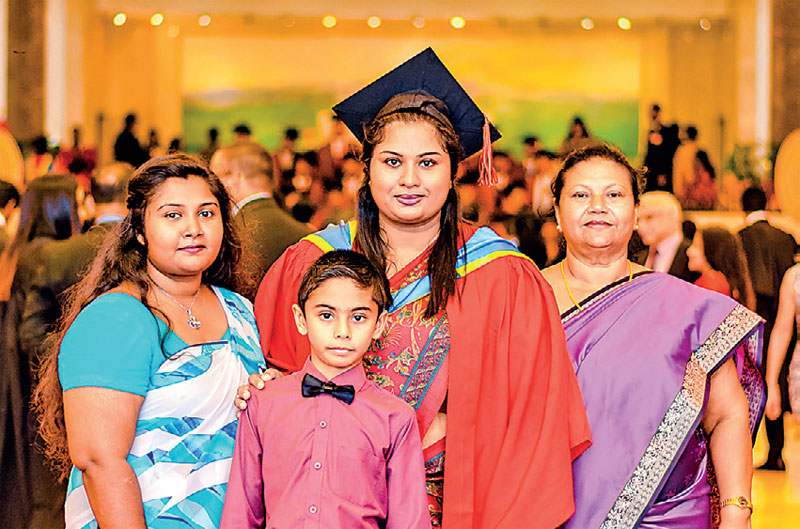

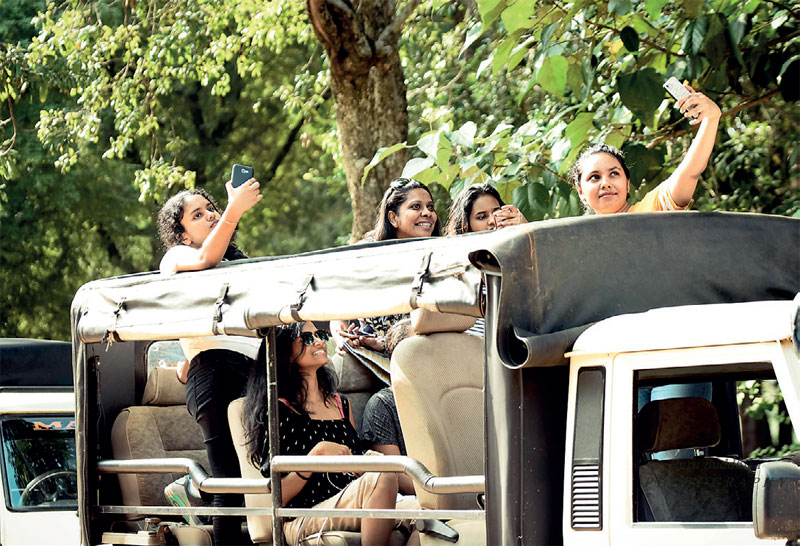
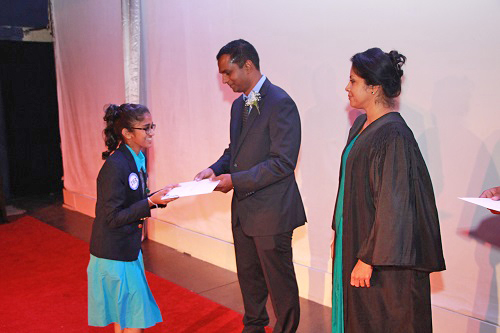
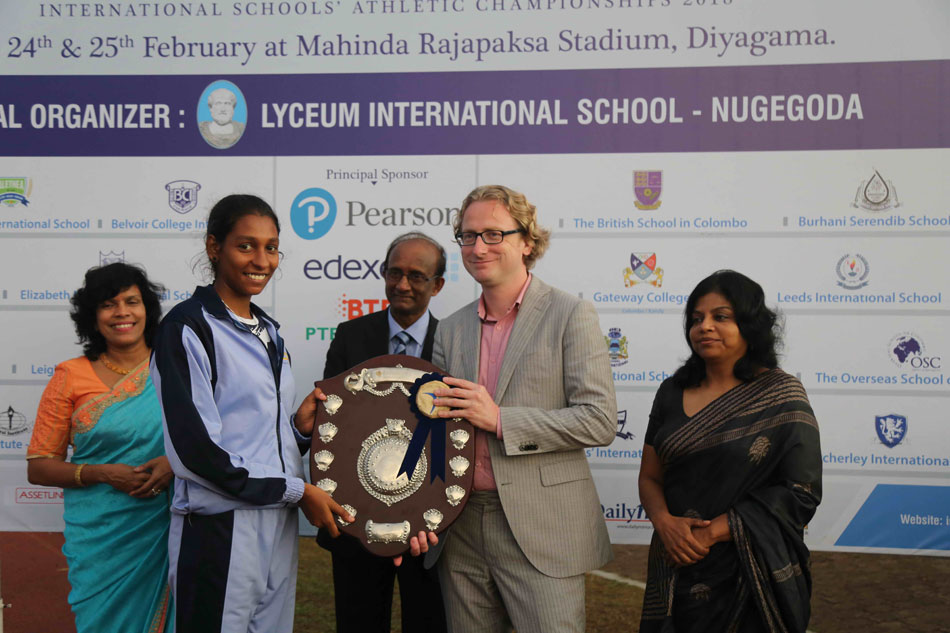
.jpg)
.jpg)
.jpg)

.jpg)
.jpg)
